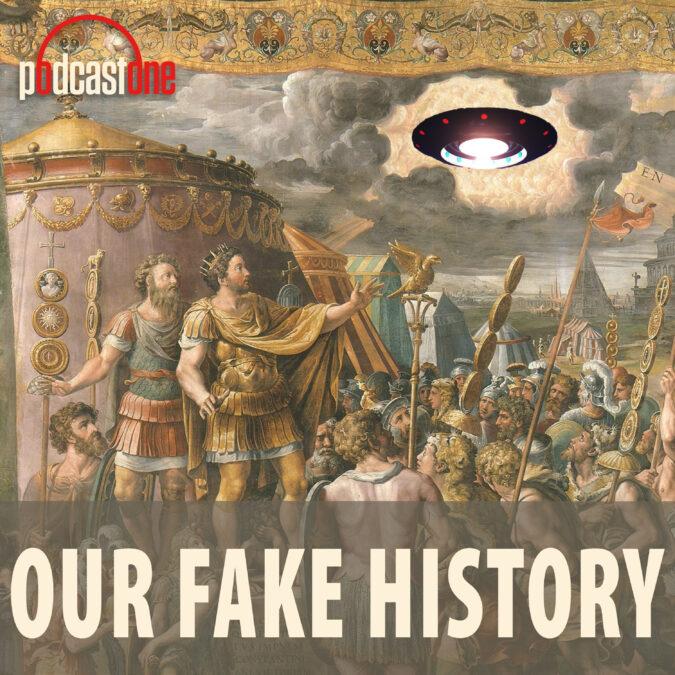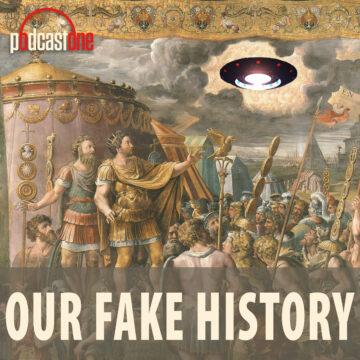The late 19th century in France sometime gets called La Belle Époque or the “Beautiful Era”. As the name suggests, this is a time that has been fondly remembered as an age of optimism marked by artistic and scientific triumphs. However, this era is also sometimes called the Fin De Siecle. When this nickname is evoked it’s usually to cast this era as a cynical and pessimistic time, when people openly fretted about how different the 20th century would be from the 19th. This period was also marked by the first attempts at controlled manned flight. Perhaps the contrasting Belle Époque and Fin De Siecle attitudes can act as a helpful analogy to help understand the “lighter-than-air” and “heavier-than-air” approach to flight? The figure who somehow embodies all of this (Belle Époque optimism, Fin De Siecle ennui, lighter-than-air triumphs, and heavier-than-air controversies) is the Brazilian inventor Alberto Santos-Dumont. Tune-in and find out how bar-hopping dirigibles, hydrogen explosions, and a gingerbread Santos all play a role in the story,









